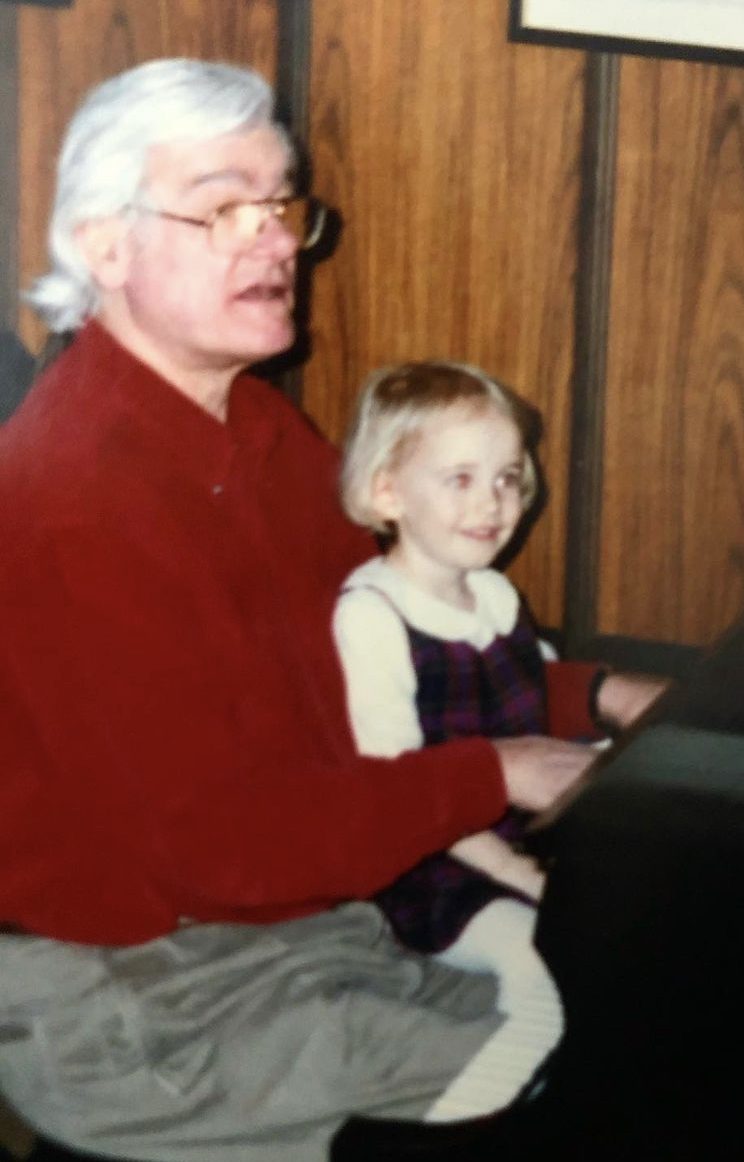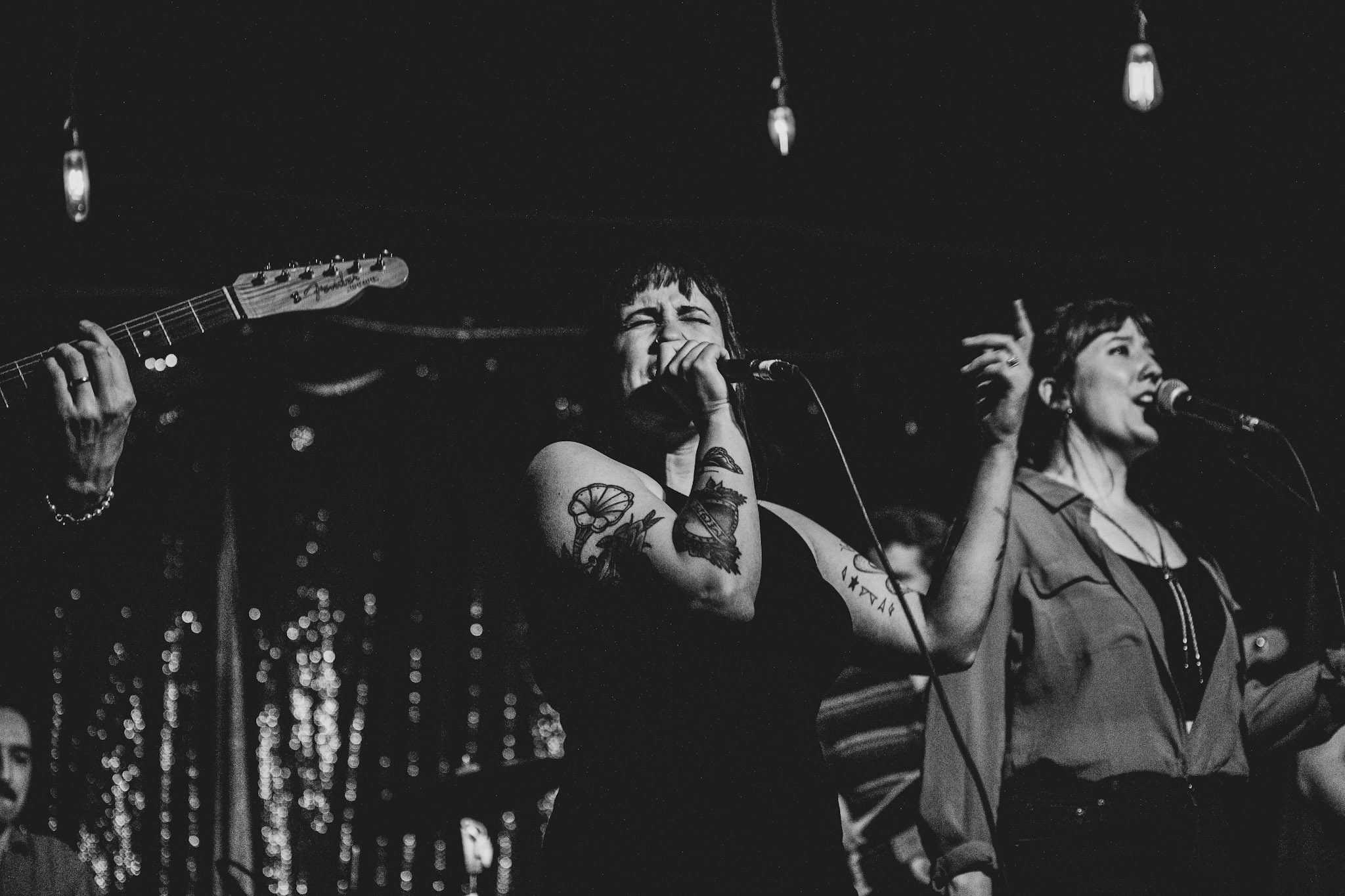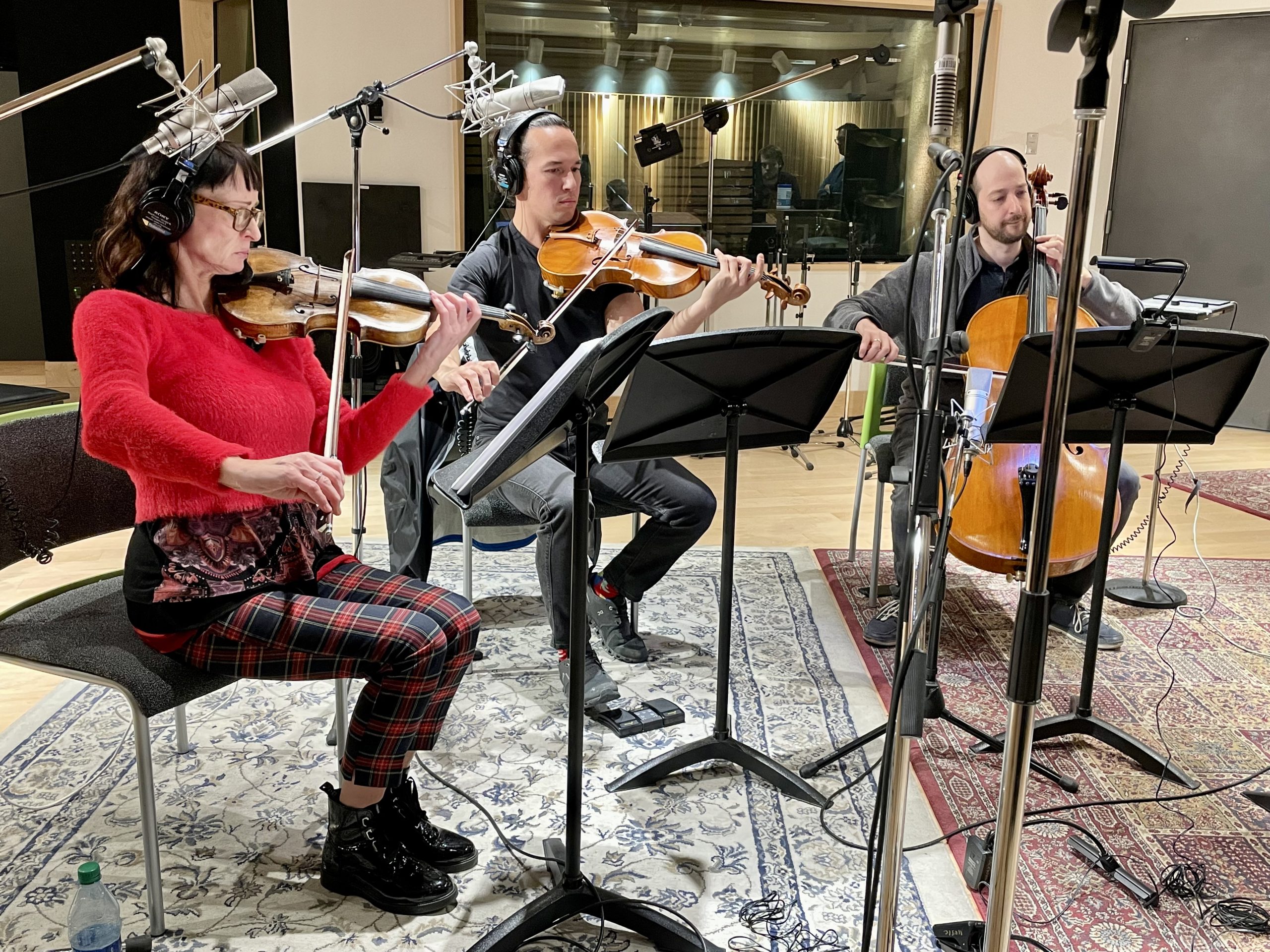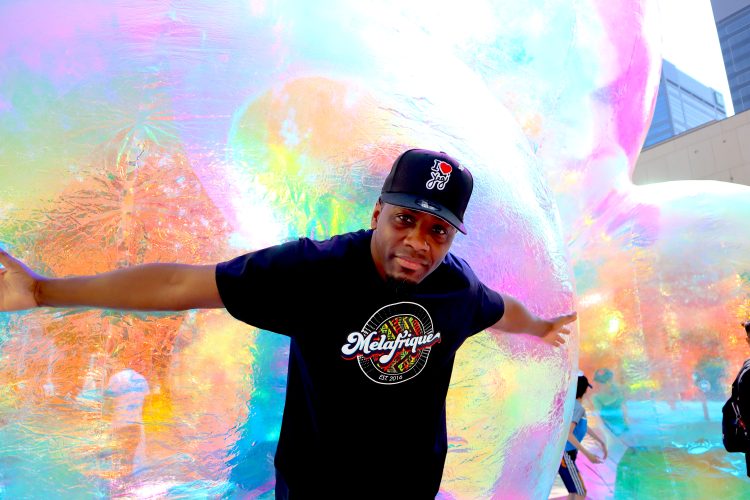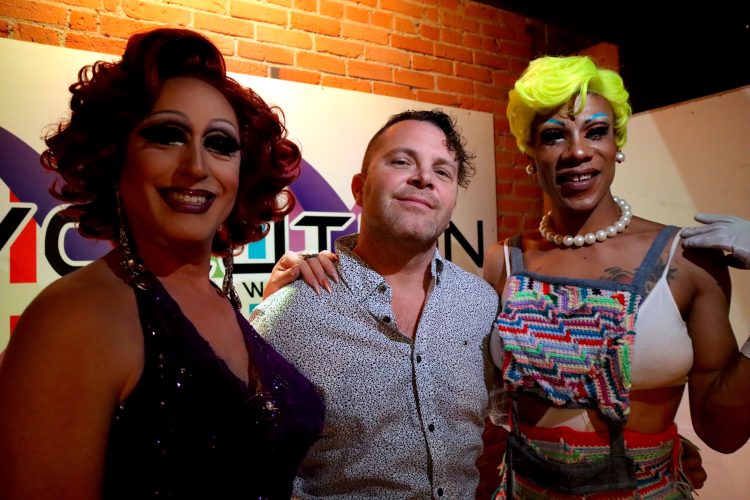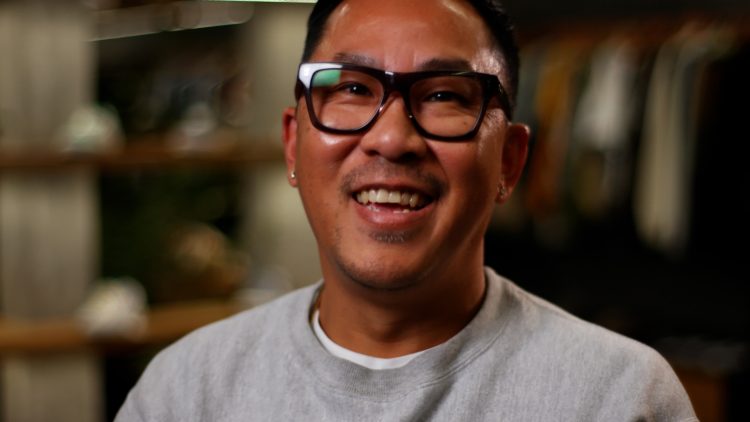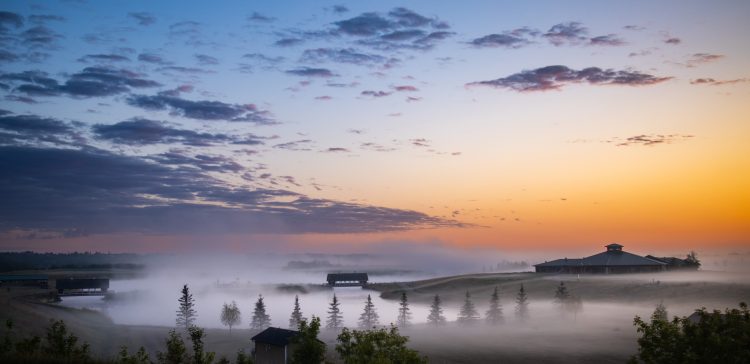Singer-songwriter Cynthia Hamar wanted to expand her musical horizons.
After releasing three albums (and raising three musical children), she decided to enroll in a Bachelor of Music degree at MacEwan University. She wanted to learn new skills and polish up her vocal and songwriting talents. She’s finishing up her fourth year, majoring in recording and production, and now has the knowledge to set up and work in her own studio.
“It’s been such a blessing to be here,” she says. “It’s a smaller program, so you just get to know your professors so well. I feel really enriched.”
Hamar says she feels more confident and creative as a musician, thanks to courses such as ear training, songwriting and performance ensemble. She’s always had a distinctive voice—she can sound like a gleeful little girl and a gruff world-weary soul at the same time—but only now fully appreciates her individuality.
“I realize that’s my strength—I’m unique,” she says. “I feel MacEwan honours that: ‘Look at what you can do. Nobody else can do that.’”




